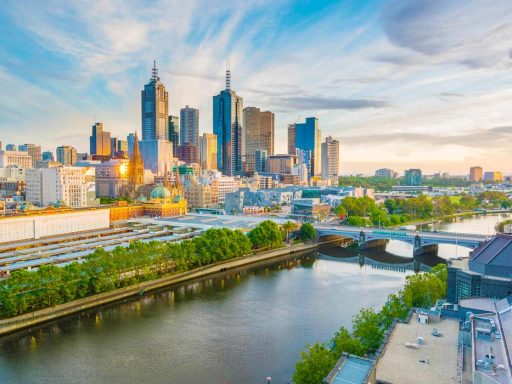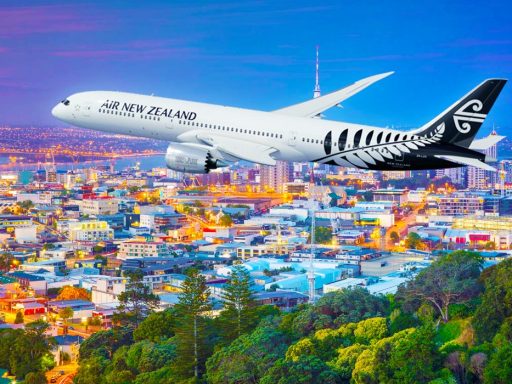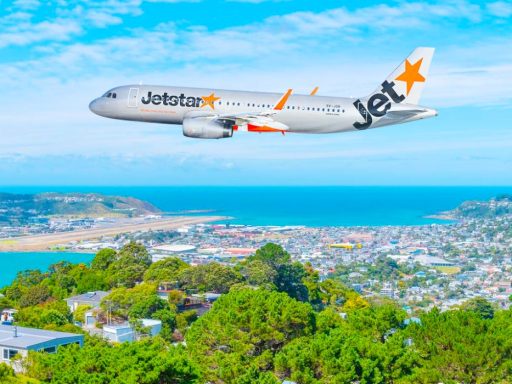Planning a trip to Oceania can be exciting, but budget concerns might hold you back. Knowing the cheapest time to go to Oceania in 2025 can make your dream vacation more affordable. This guide explores the best budget times to enjoy a holiday in the region, factoring in weather, events, and prices.
Understanding the cheapest time to visit Oceania can help you enjoy beautiful, affordable destinations without breaking the bank. Read on to discover how to maximize your savings while experiencing all this diverse and stunning region offers.
Cheapest Time to Visit Oceania in 2025
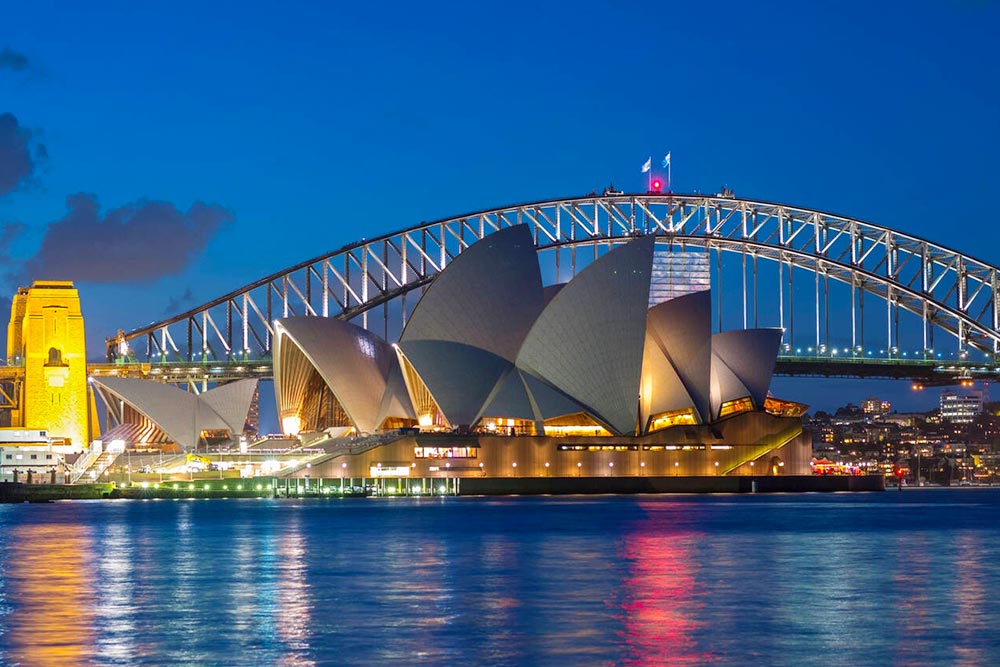
Oceania is a vast region with a wide range of climates, so the cheapest time to travel to Oceania will vary depending on where you want to go. However, some general trends can help you save money on your trip.
- Shoulder Seasons: The shoulder seasons (spring and fall) are generally the cheapest times to visit Oceania. This is because the weather is pleasant in most places, and the crowds are smaller than during the peak tourist seasons. For example, the shoulder seasons in Australia are from March to May and September to November. New Zealand’s shoulder seasons are from April to May and September to October.
- Consider Off-the-Beaten-Path Destinations: Oceania has many popular tourist destinations, but many hidden gems are less crowded and more affordable. For example, instead of visiting the Whitsunday Islands in Australia, you could consider visiting the Whitsunday Coast, which offers stunning scenery without the crowds. Or, instead of visiting Aoraki / Mount Cook National Park in New Zealand, you could visit Westland Tai Poutini National Park, which is home to glaciers, rainforests, and beaches.
Pros & Cons of Traveling to Oceania During the Cheapest Time
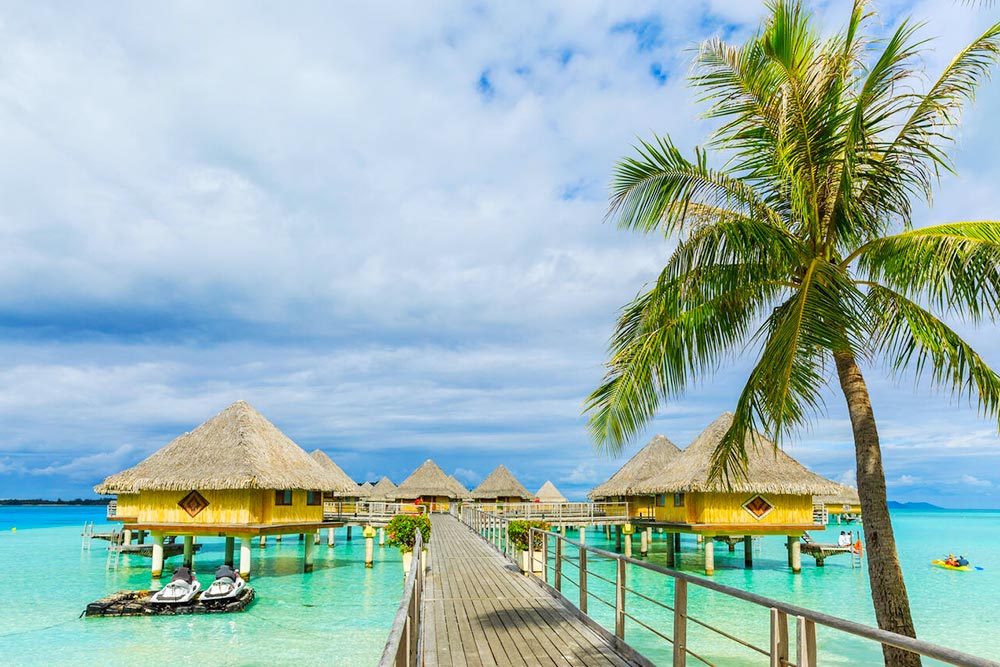
Pros:
- Save Money: The biggest advantage is significant cost savings. Flights, accommodation, tours, and activities are cheaper during the shoulder seasons. This allows you to stretch your travel budget further, potentially experiencing more of Oceania for the same price.
- Fewer Crowds: Popular tourist attractions can be overrun with people during peak season. Traveling during the shoulder season means shorter lines, fewer congested areas, and a more relaxed atmosphere, allowing you to appreciate the sights truly.
- Pleasant Weather: Shoulder seasons often boast comfortable temperatures, avoiding the extremes of peak season. Depending on the destination, you might experience mild warmth instead of scorching heat or crisp air instead of cold.
Cons:
- Limited Availability: Some tours, activities, and even restaurants might operate on a reduced schedule or close entirely during the shoulder season. Research beforehand to ensure your desired experiences are available.
- Unpredictable Weather: Shoulder seasons can be a bit of a gamble weather-wise. While generally pleasant, occasional rain showers or strong winds might disrupt outdoor activities. Pack accordingly with layers and a rain jacket.
- Potential Closures: National parks or specific hiking trails might be temporarily closed for maintenance or due to weather conditions during the shoulder season. Checking official websites before your trip is crucial.
Cheapest Things to Do in Oceania in 2025
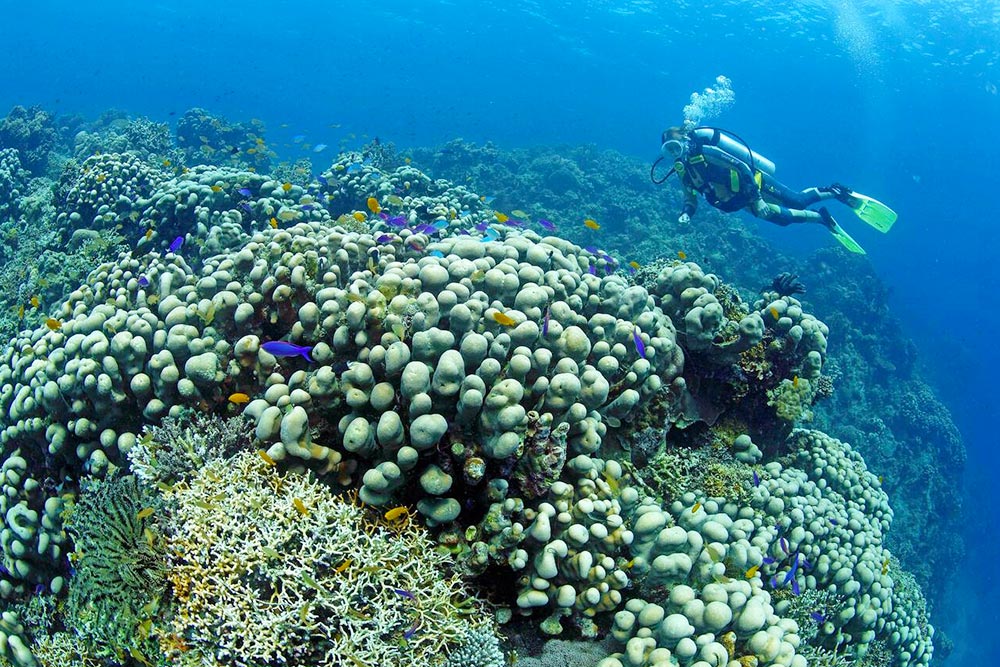
1. Visit the Beach
Oceania boasts some of the most beautiful beaches in the world. Soak up the sun, build sandcastles, or take a refreshing dip – all for free! Some popular options include:
- Whitehaven Beach, Whitsunday Islands, Australia: Known for its pristine white sand and clear turquoise waters, Whitehaven Beach is a true paradise.
- Arai Beach, Moorea, French Polynesia: This black sand beach offers stunning views of the lush green mountains and crystal-clear waters, perfect for snorkeling.
- Karekare Beach, New Zealand: This dramatic beach near Auckland is famous for its black dunes and wild surf. It was also a filming location for the movie “The Piano”.
2. Explore a National Park
Oceania has a treasure trove of stunning national parks with hiking trails, waterfalls, and diverse wildlife. Here are a couple you can visit for free:
- Royal National Park, Sydney, Australia: This park offers a variety of coastal hikes, Aboriginal heritage sites, and stunning views of the city skyline.
- The Domain, Auckland, New Zealand: This inner-city park is a great place to relax, have a picnic, or visit the Auckland Domain Wintergardens, a free public garden showcasing a variety of plants from around the world.
3. Go Window Shopping
Significant cities in Oceania boast bustling shopping districts with iconic stores and street performers. You can window shop and soak up the atmosphere without spending a dime.
4. Visit a Free Museum
Many museums in Oceania offer free entry on certain days or have sections that are always free. Check their websites for details. Here are a couple of examples:
- Te Papa Museum, Wellington, New Zealand: This national museum showcases the rich cultural and natural history of New Zealand. Entry to the ground floor exhibits and the wharenui (meeting house) is free.
- Australian National Maritime Museum, Sydney, Australia: This museum explores Australia’s maritime history and has a permanent collection of vessels you can explore for free.
5. Hike to a Scenic Lookout
Many coastal towns in Oceania offer free hiking trails leading to lookouts with breathtaking panoramic views.
6. Attend a Free Cultural Event
Throughout the year, many cities and towns in Oceania hold free cultural events, festivals, and celebrations. Do some research to see what coincides with your visit.
7. Relax in a Public Park
Public parks are great places to relax, people-watch, picnic, or read a book. Most major cities in Oceania have beautiful public parks to explore.
8. Learn to Surf (or Bodyboard)
While lessons and board rentals will cost money, many beaches in Oceania offer sound waves for free! Watch experienced surfers, practice paddling, or try bodyboarding for a fun and free beach activity.
Additional Tips to Go to Oceania on a Budget
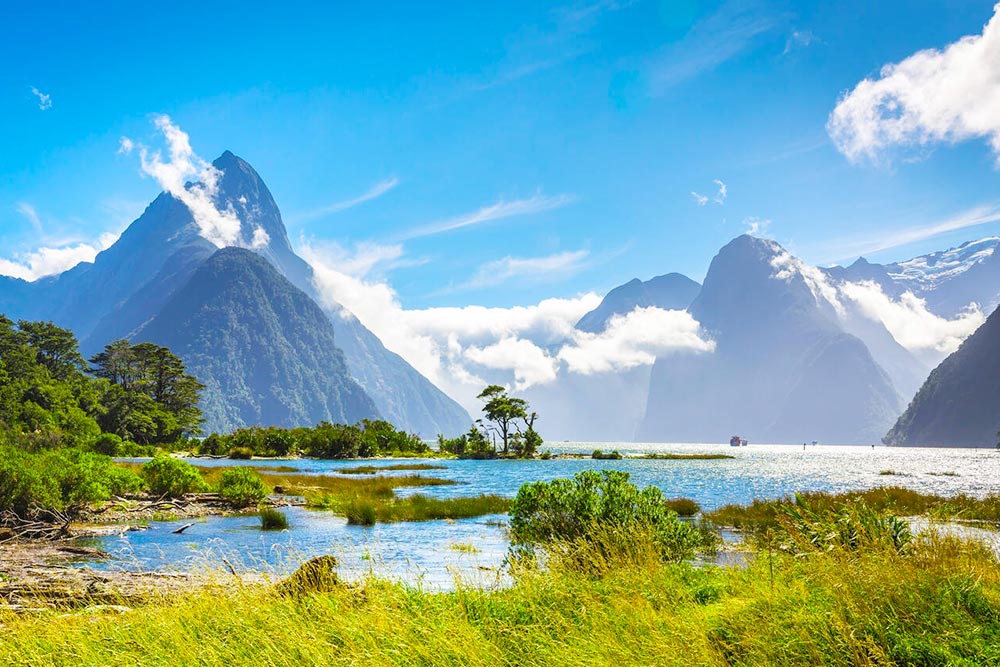
- Consider Alternative Accommodation: Hostels, guesthouses, and homestays are much cheaper than hotels. Hostels provide a social atmosphere and a chance to meet fellow travelers, while guesthouses and homestays can offer a more local experience.
- Cook Your Meals: Eating out can be expensive. Consider staying at accommodations with cooking facilities and buying groceries at local markets. You’ll save money and experience the local cuisine.
- Utilize Public Transportation: Many cities in Oceania have efficient and affordable public transportation systems, including buses, trains, and ferries. Purchase a travel pass for unlimited rides during your stay.
- Travel Slow: The more time you spend in one place, the less you’ll spend on transportation. Consider basing yourself in a central location and taking day trips to explore the surrounding area.
- Look for Free & Discounted Activities: Many tourist attractions offer discounts for students, seniors, or holders of certain travel passes. Take advantage of free walking tours, visit free museums on free entry days, or pack a picnic lunch in a park instead of paying for an expensive restaurant meal.
- Pack Light: Many airlines charge extra for checked baggage. To avoid baggage fees, pack light and consider doing laundry during your trip.
We hope this article has helped you find the most affordable time to visit Oceania. Don’t hesitate to share your thoughts or ask any questions in the comments!
Share this BlogFrequently Asked Questions
Traveling to Oceania during the off-peak or shoulder seasons can save you up to 30-50% on flights and accommodations.
Yes, major events like Australia Day in January or the New Zealand Festival in February can drive up prices, so plan your trip accordingly.
The weather in Oceania during the shoulder seasons is generally mild and pleasant, making it a great time for outdoor activities without the peak season crowds.
Booking in advance is recommended, especially for flights and popular accommodations, to secure the best deals when traveling to Oceania.





